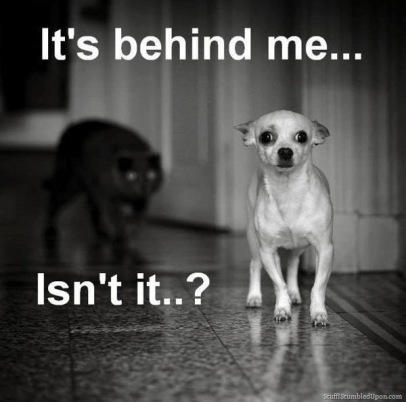Yo dawgs, what’s happenin’?
I went to the BBC Academy’s Digital Bristol Week yesterday, for a seminar on Production Development. So now I’m going to share with you all the golden information I have gained on ideas, commissioning and multi-platform media.
For inspiration, scour production company websites and see if there’s anything specific they’re asking for. Drama is getting darker, docs more extreme. Apparently, UK commissioners hate drama with a voice over. Watch as many tv channels’ top shows as you can – even for just 10 minutes – to get a feel for what’s popular at the moment. The key to a good idea is understanding what’s out there already: examine the box’s contents and then think outside it. Daytime television is doing great right now because half the country is unemployed and they’re desperate for more ’60 Minute Makeovers’ and ‘Cash in the Attic’ – these aspirational shows are about making your life better for less. Try to come up with an idea that can travel across ages/genders/social class/geography (Top Gear is a good example of this). The golden rule: LIKE SELL MAKE. Will people like it? Can you sell it? And then can you make it? Bear costs in mind before you get carried away.
Number Two: Multi-platform & Social Media
It’s not as scary as it sounds – put simply it is just another way for an audience to consume your product.  Every BBC tv show has its own website, some even have their own Twitter and Facebook pages. Pepper Pig is a great example – apps, books, websites, games… all covered and all matching. Multi-media enhances our viewing of a show so we can carry on enjoying it even whilst it’s not on air. A new mode of media called “2nd Screen” or even “3rd Screen” refers to new audience habits – whilst watching TV they are tweeting about, reading abou it, or chatting to their friend on the other side of the world about it. The risk is losing your audience to that 2nd screen when it becomes more interesting than the TV – having multiple platforms for your media is a way of holding onto them. If not, your TV show must simply be so gripping and wonderful that audiences can’t bear to look away.
Every BBC tv show has its own website, some even have their own Twitter and Facebook pages. Pepper Pig is a great example – apps, books, websites, games… all covered and all matching. Multi-media enhances our viewing of a show so we can carry on enjoying it even whilst it’s not on air. A new mode of media called “2nd Screen” or even “3rd Screen” refers to new audience habits – whilst watching TV they are tweeting about, reading abou it, or chatting to their friend on the other side of the world about it. The risk is losing your audience to that 2nd screen when it becomes more interesting than the TV – having multiple platforms for your media is a way of holding onto them. If not, your TV show must simply be so gripping and wonderful that audiences can’t bear to look away.
Number Three: What to do with this fabaroo idea and multi-platform shizzle?
Look at the TV schedule. Where are there gaps that your idea could fill? Does one channel need a new drama to compete with another? Remember some gaps (news, soaps etc) will never be free so don’t get caught out.  What production companies produce the kind of content you’ve got? Next, ask those companies how they accept ideas, ask to see a past successful treatment then copy its format. When it comes to sending it in, think about the holidays – no one’s gonna care around Xmas! The best times are early Autumn (after the Edinburgh TV conference commissioners are feeling inspired) and early Spring. If you’re invited in to pitch, try to get familiar with the lingo the company want to hear, by looking at their website. And be confident (but not arrogant) – if you give them a reason to doubt you, they’ll take it. Show them you’ve done your research – tell them why people will like it, why you want them to buy it, and how it will be made. And definitely talk about multi-media platforms!
What production companies produce the kind of content you’ve got? Next, ask those companies how they accept ideas, ask to see a past successful treatment then copy its format. When it comes to sending it in, think about the holidays – no one’s gonna care around Xmas! The best times are early Autumn (after the Edinburgh TV conference commissioners are feeling inspired) and early Spring. If you’re invited in to pitch, try to get familiar with the lingo the company want to hear, by looking at their website. And be confident (but not arrogant) – if you give them a reason to doubt you, they’ll take it. Show them you’ve done your research – tell them why people will like it, why you want them to buy it, and how it will be made. And definitely talk about multi-media platforms!
So this is the gist of the seminar, straight from my notes! Some really inspirational stuff and useful tips. Now go forth and come up with the next Come Dine With Me!
A xx
















